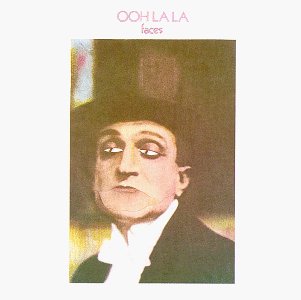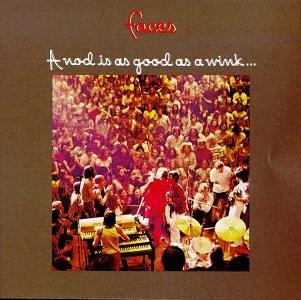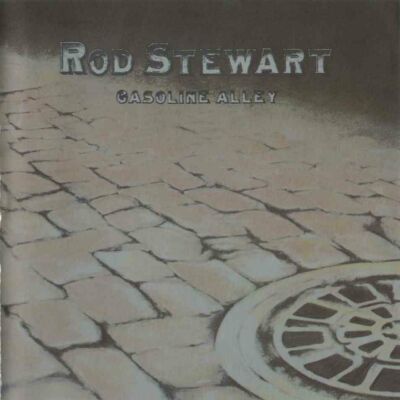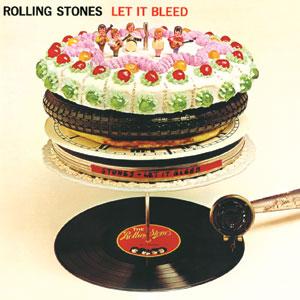In 1973, the Stones follow up their most ambitious album, Exile On Main Street, with Goats Head Soup. Exhausted from weeks of all-night sessions and covering for Wyman’s bass responsibilities, Keef takes a virtual leave of absence from the Stones and lets the Micks work out the next album. The big hit single from Goats Head Soup is “Angie”, in which Mick Jagger and the boys take on Rod Stewart in the most mawkish part of Stewart’s game. Big whoop! Are you proud of this effort, Stones loyalists? Stones fans are generally unimpressed. The Stones have entered the period in their history when they’re expected to make the playoffs, when they can’t sell out playoff games on their own turf.
Before moving on, to ensure clarity in the guidelines under which this examination is being conducted, it should be noted that the best song the Stones would record in 1973, the initial tracks for “Waiting on a Friend”, does not qualify for inclusion.
Some time back we discussed Goats Head Soup and how it compared unfavorably to an album beyond the scope of our current investigation, the vibrant, Ron Wood-inspired boys’ club racket of Some Girls. Click here to revisit that post and sample some of the songs from that album, if you’d like. They’re not that good, and they’re pretty lousy by previously established Rolling Stones’ standards.

Faces, “Cindy Incidentally”
Faces, “My Fault”
Rod Stewart, wisely, took a year off from releasing a solo album. With Faces, however, he took part in what I believe is the band’s most consistent, emotionally charged album, Ooh La La. Taken as a whole, I liken this album, in the band’s brief existence, to their version of the Klassic Kinks‘ late-60s run. It represents all sides of what made the band, occasionally, great and very little of what made them easy to write off when compared to titans like the Stones. It’s the “smallest” of Faces albums, thanks in large part to Stewart’s limited involvement on lead vocals. However, according to the methods we have set for this examination, we will not consider the great tracks sung by Ronnie Lane (“Glad and Sorry”, “If I’m On the Late Side”, “Flags and Banners”) or Ron Wood (the title track) other than to say that they may not have been heard by all but a few record nerds like ourselves if not for the involvement of the more commercially viable Rod Stewart. I know this will pain some of you, but let’s give it up for the trickle-down effect of Stewart’s marketing clout!
Continue reading »




